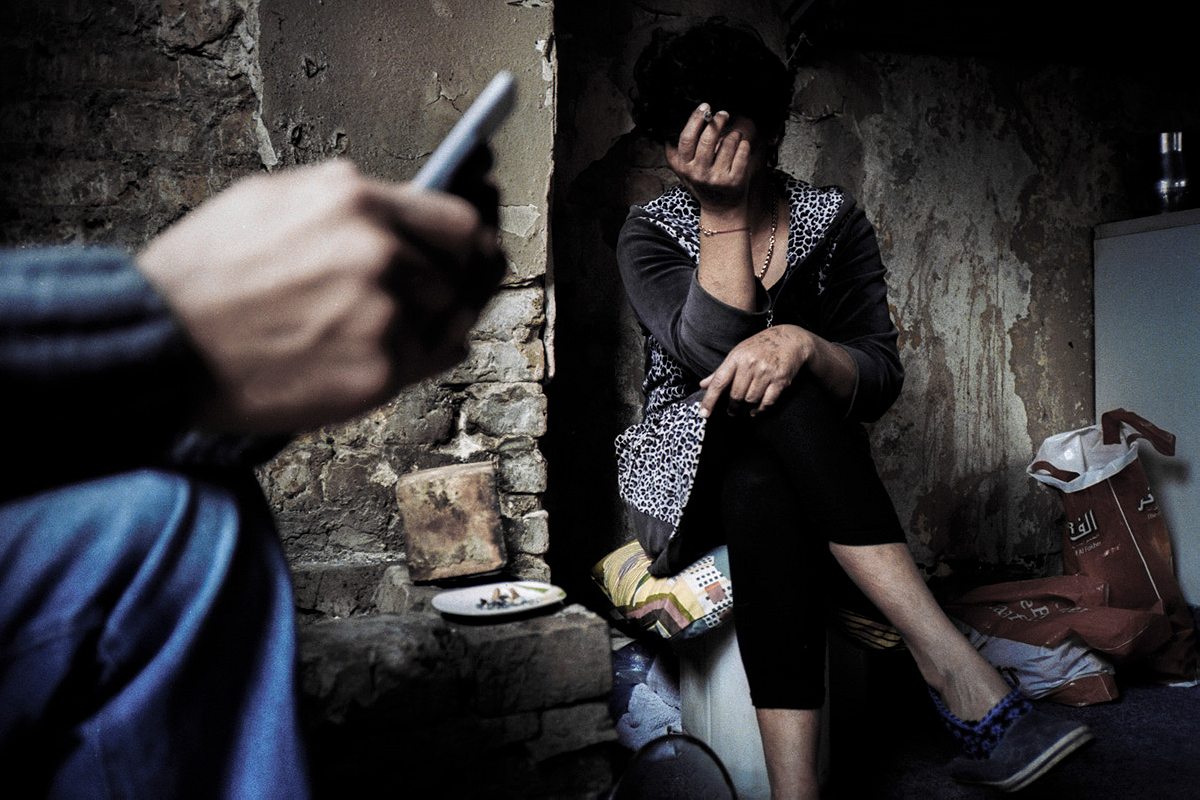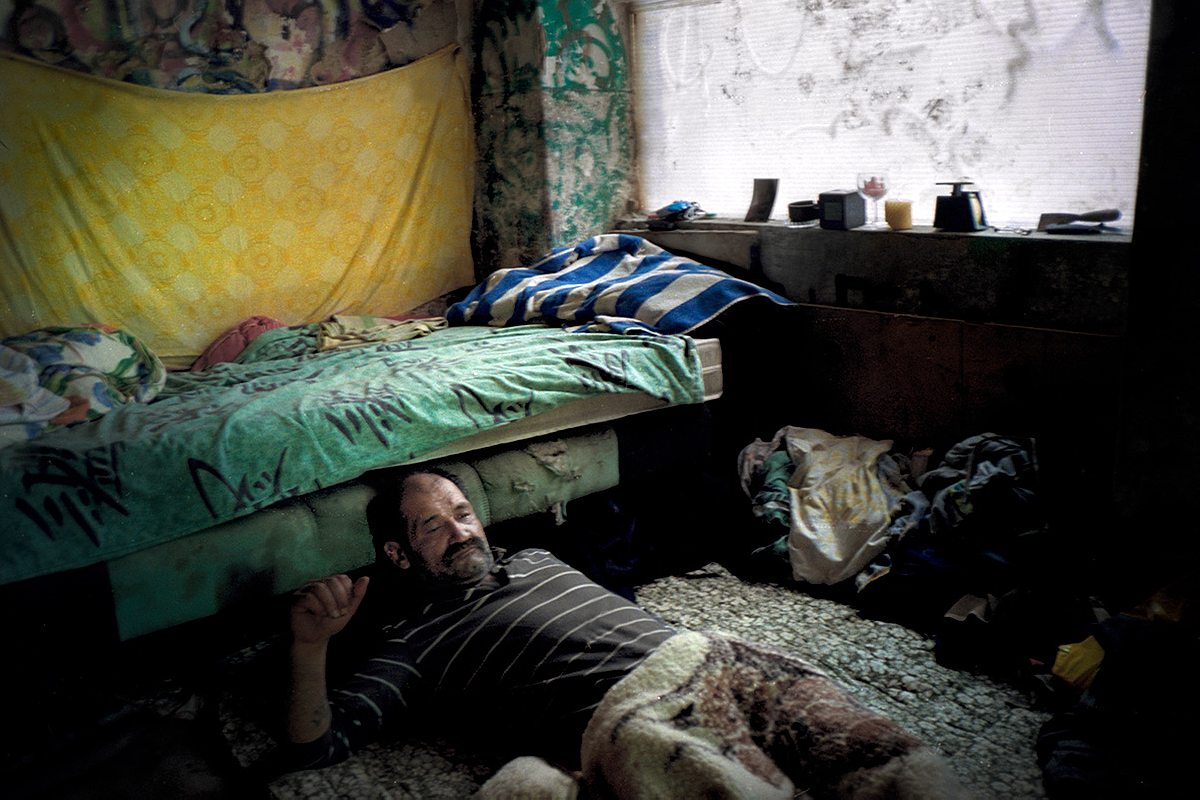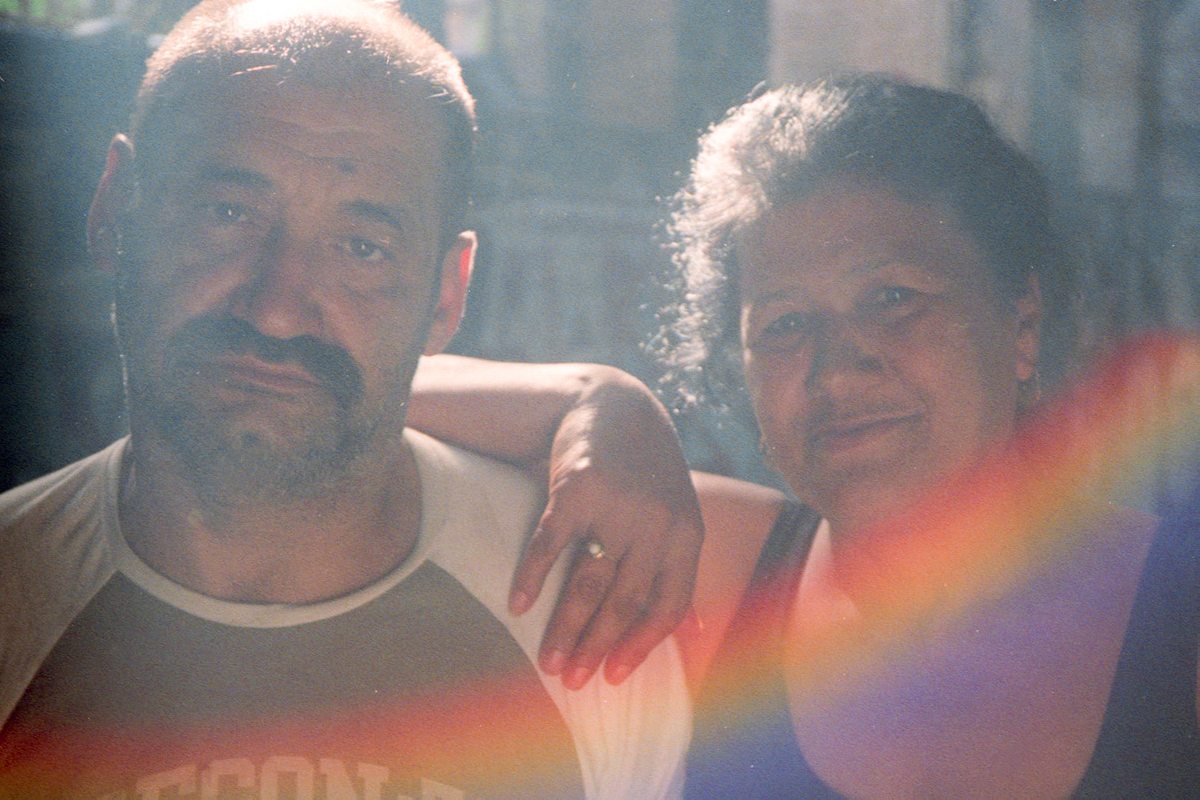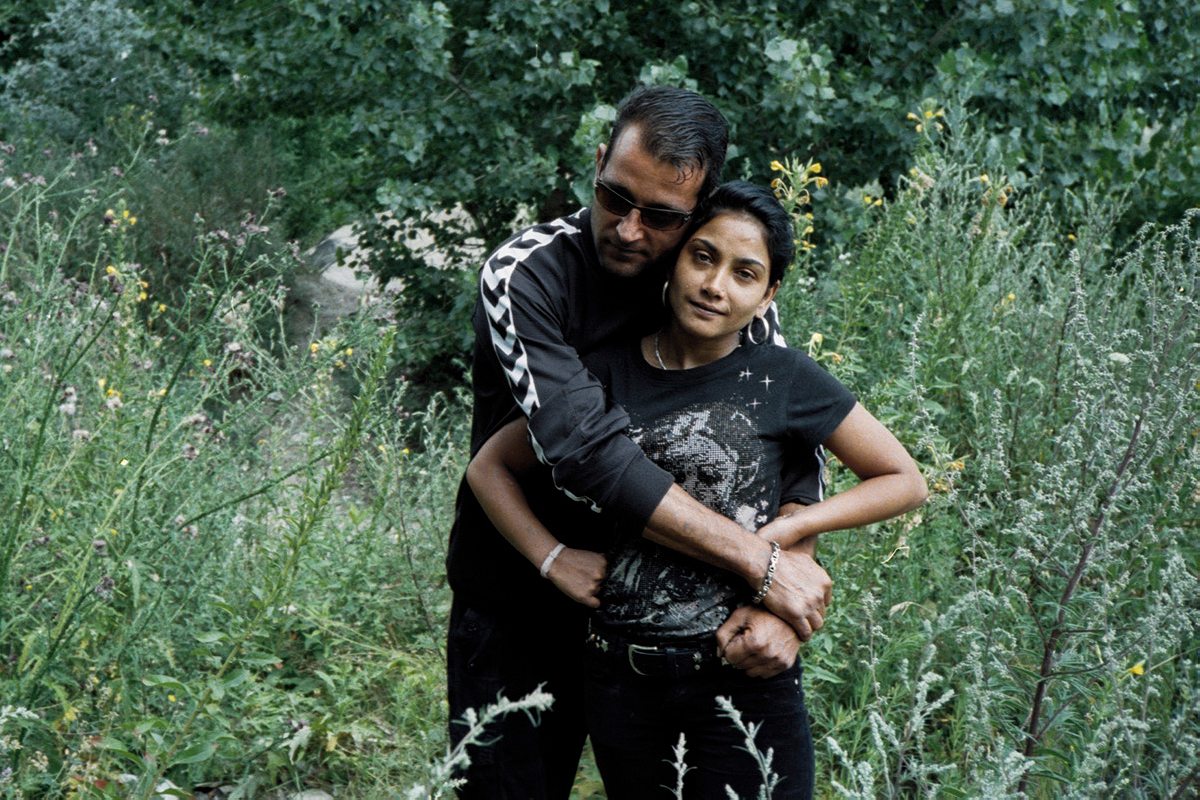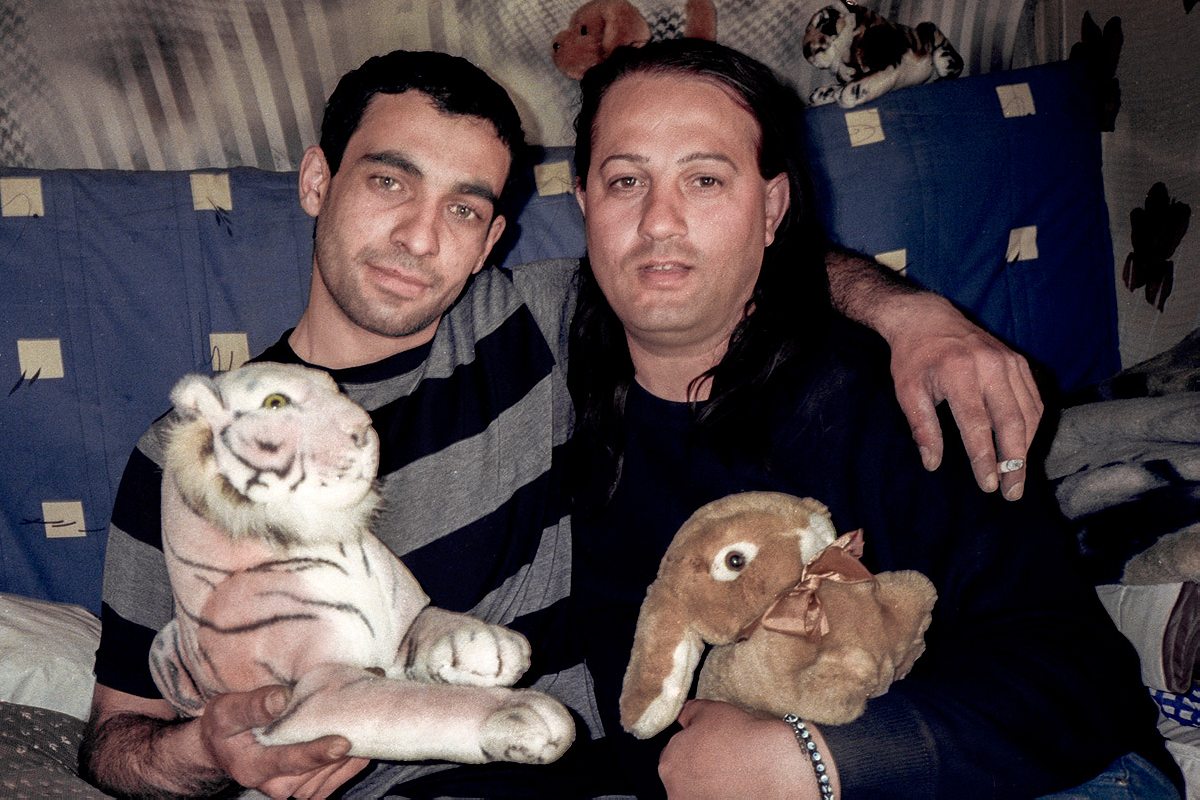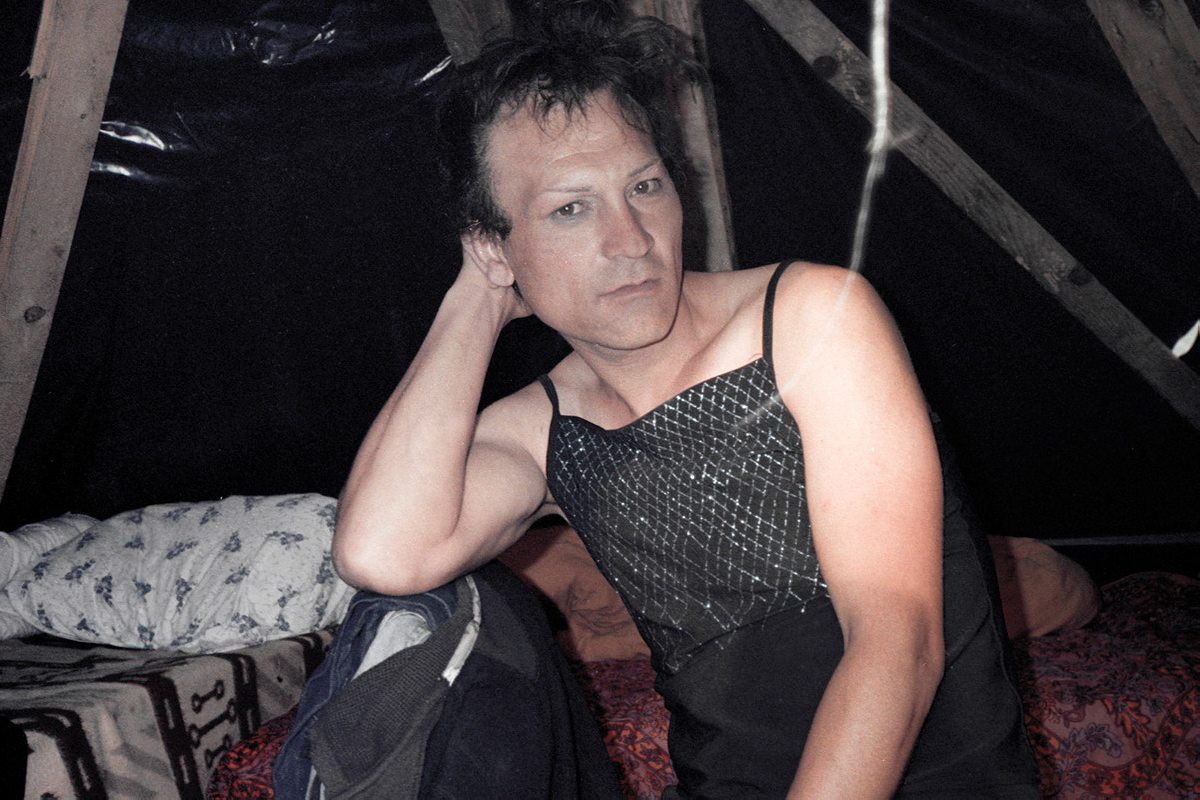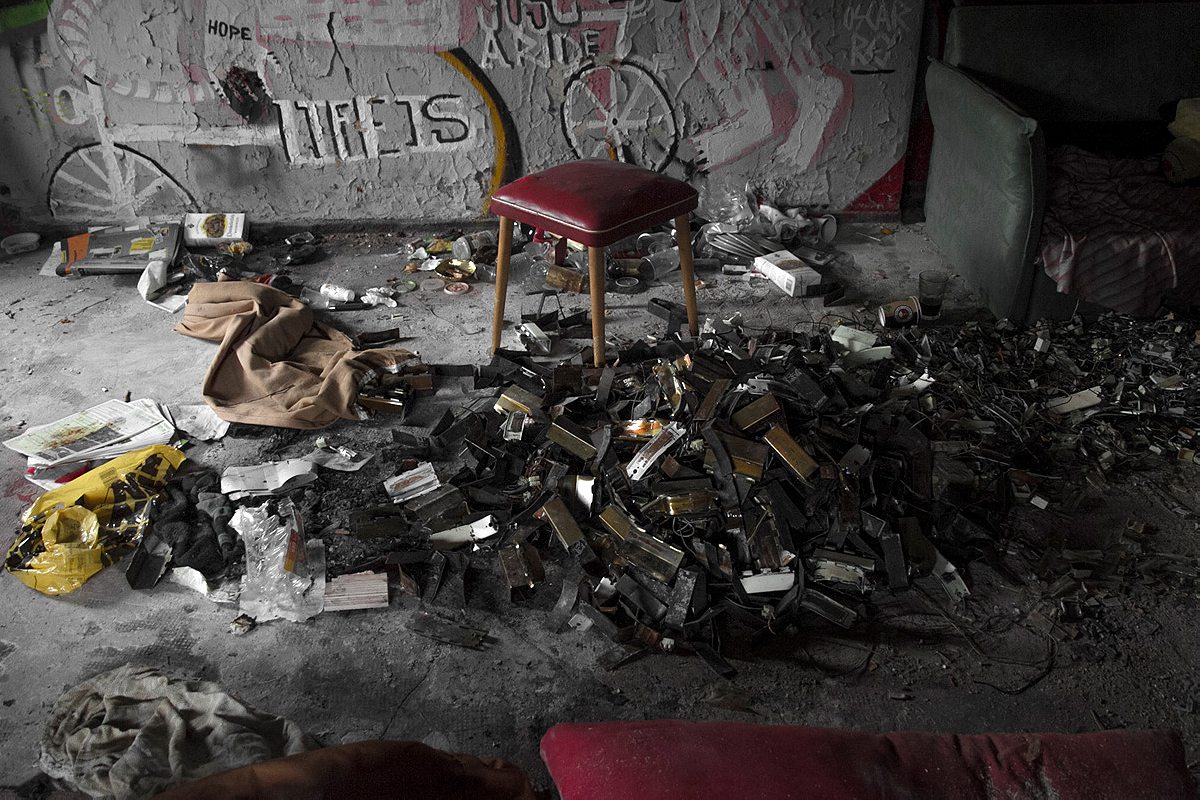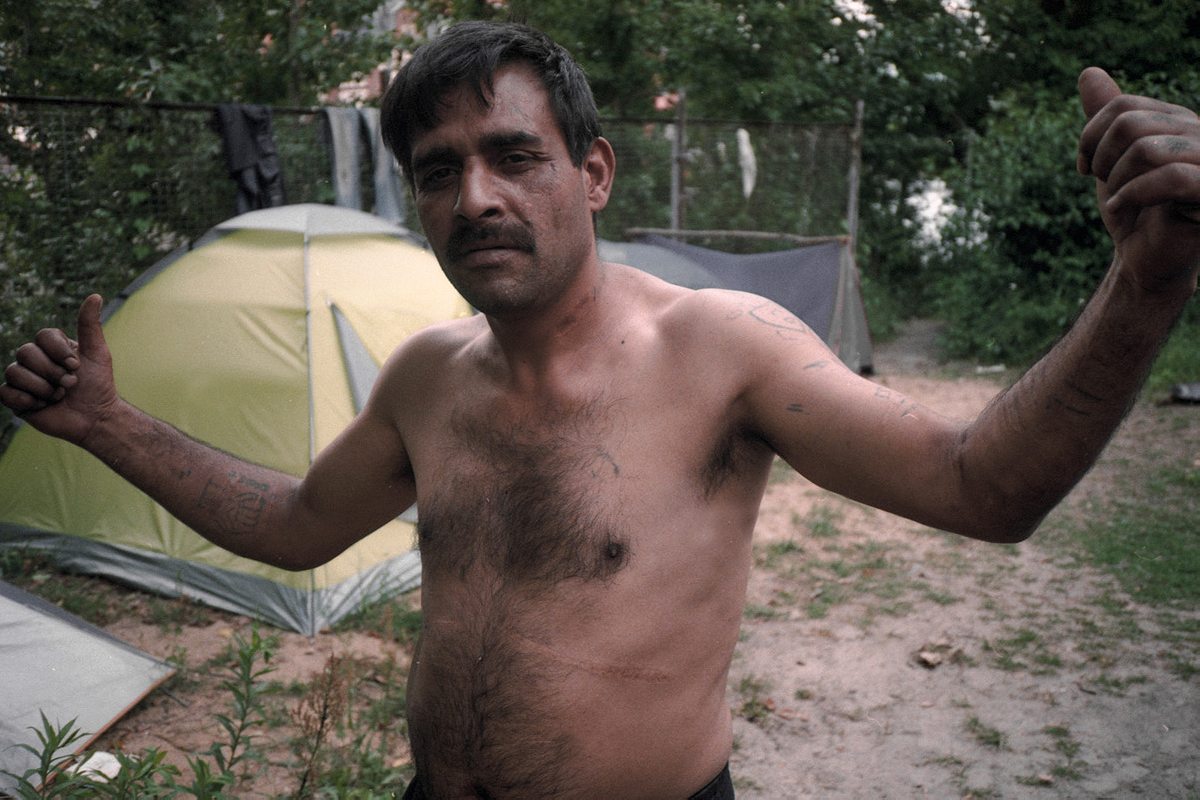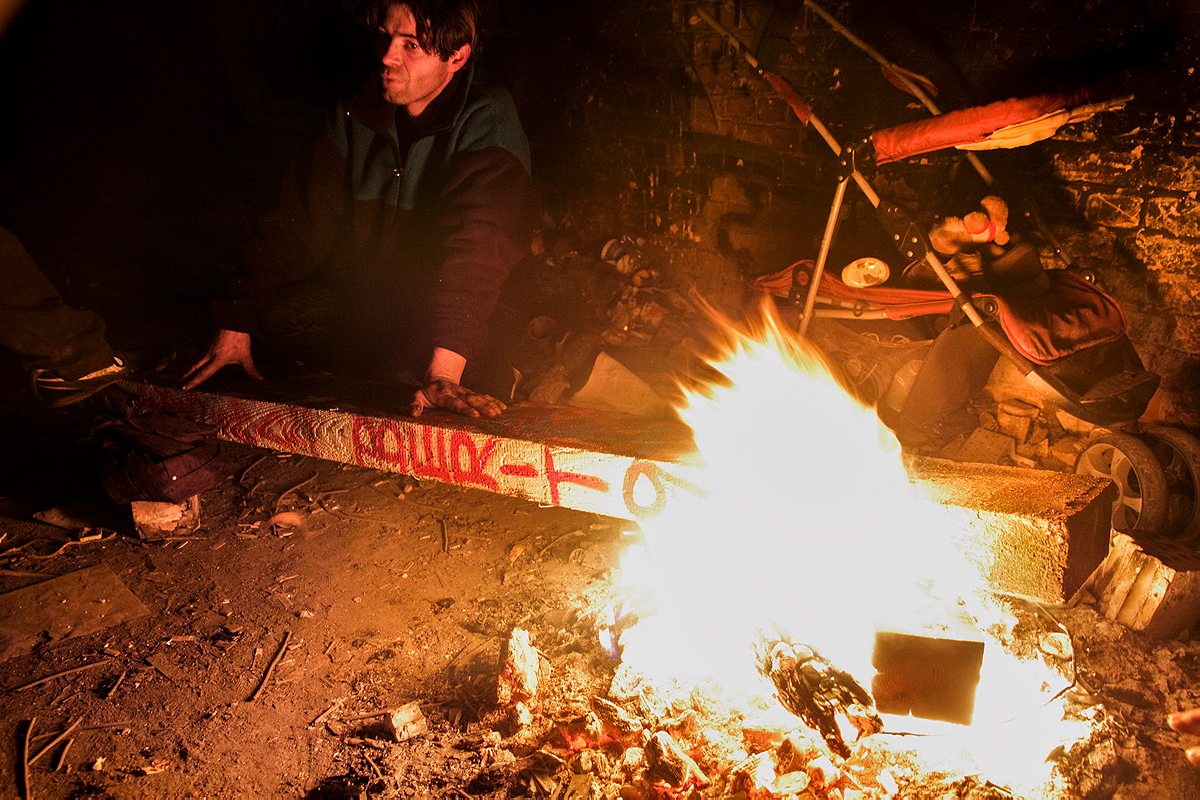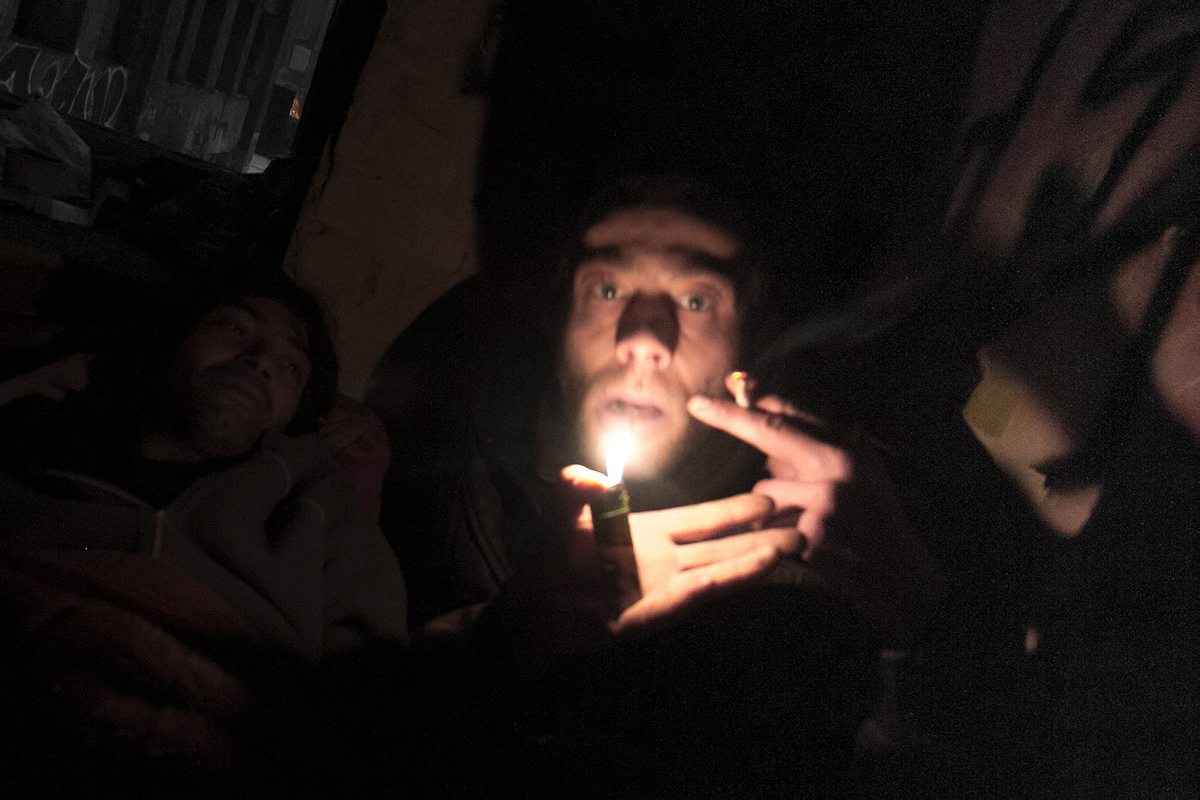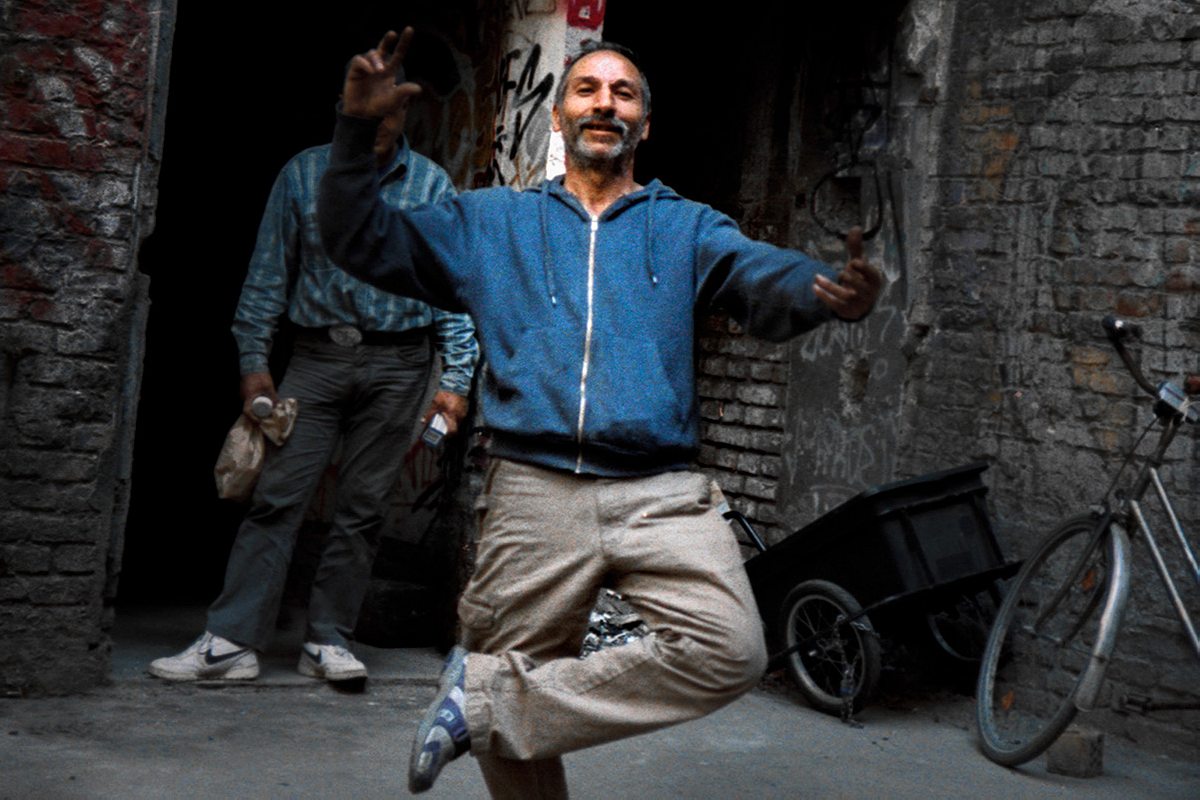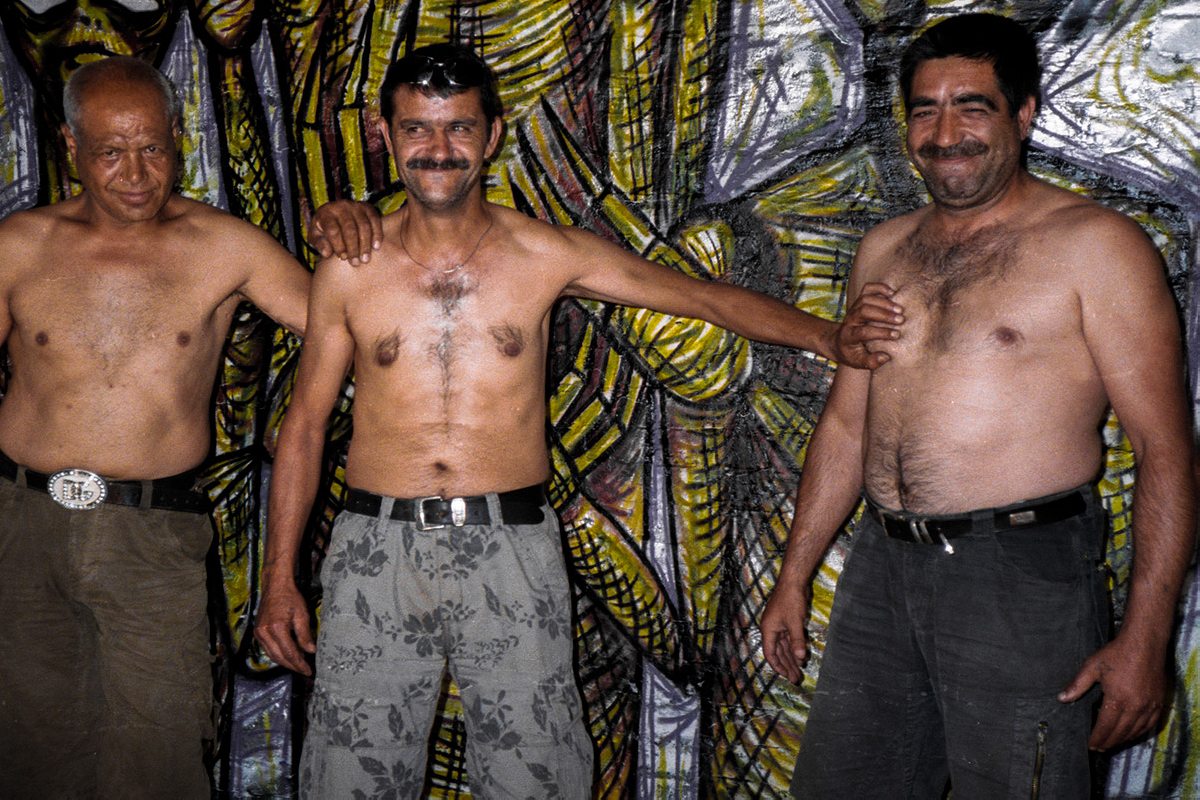As Berlin became more corporate, the old artist colonies were evicted. But a new wave of squatters have taken their place.
Once upon a time, Berlin was famous for its squats. There were the anarcho-social settlements in West Berlin’s Kreuzberg and the artist colonies in East Berlin. I lived in or around those spaces at various points in the 1990’s, and will always remember how the seekers beat out the strivers and built rambunctious little utopias using little more than spray paint, hashish and brown coal. But as Berlin got more corporate and became the gleaming capital that Germany’s technocrats desired, squat culture was doomed (Brunnenstrasse 183 fell last, RIP).
No neighborhood has felt the transformation more than Mitte, which is now an amalgam of gleaming paint jobs, high rents and ubiquitous cappuccinos. But even as redevelopment expelled the old squatters, Mitte’s wealth has attracted a new wave of rootless. Japanese photographer Hiroyuki Koshikawa’s work takes us inside an abandoned building near Heinrich-Heine-Straße that is home now to dozens of Roma, including a few married couples (and at least one gay couple) and many of their friends and relatives, most of whom came from the eastern Bulgarian city of Dobrich.
Dobrich has little to offer Roma, despite multiyear EU projects to help raise their standard of living. Bulgaria’s Roma still struggle against racism, culture clashes and general lack of prospects. Remember “Maria”, the blonde girl who was found during a police raid in Greece? She was Roma from Bulgaria, and her mother had, depending on whom you believe, either given her up or sold her for petty cash.
In Berlin, though, life is not much easier. These Roma from Dobrich are still on the fringe of society in the German capital. They have a tight-knit community between the walls of their squat, but their economic lives outside consist of everything from menial janitorial work to metal salvaging to prostitution. “They remain,” says Koshikawa, “among the most unprotected.” —Nathan Thornburgh
